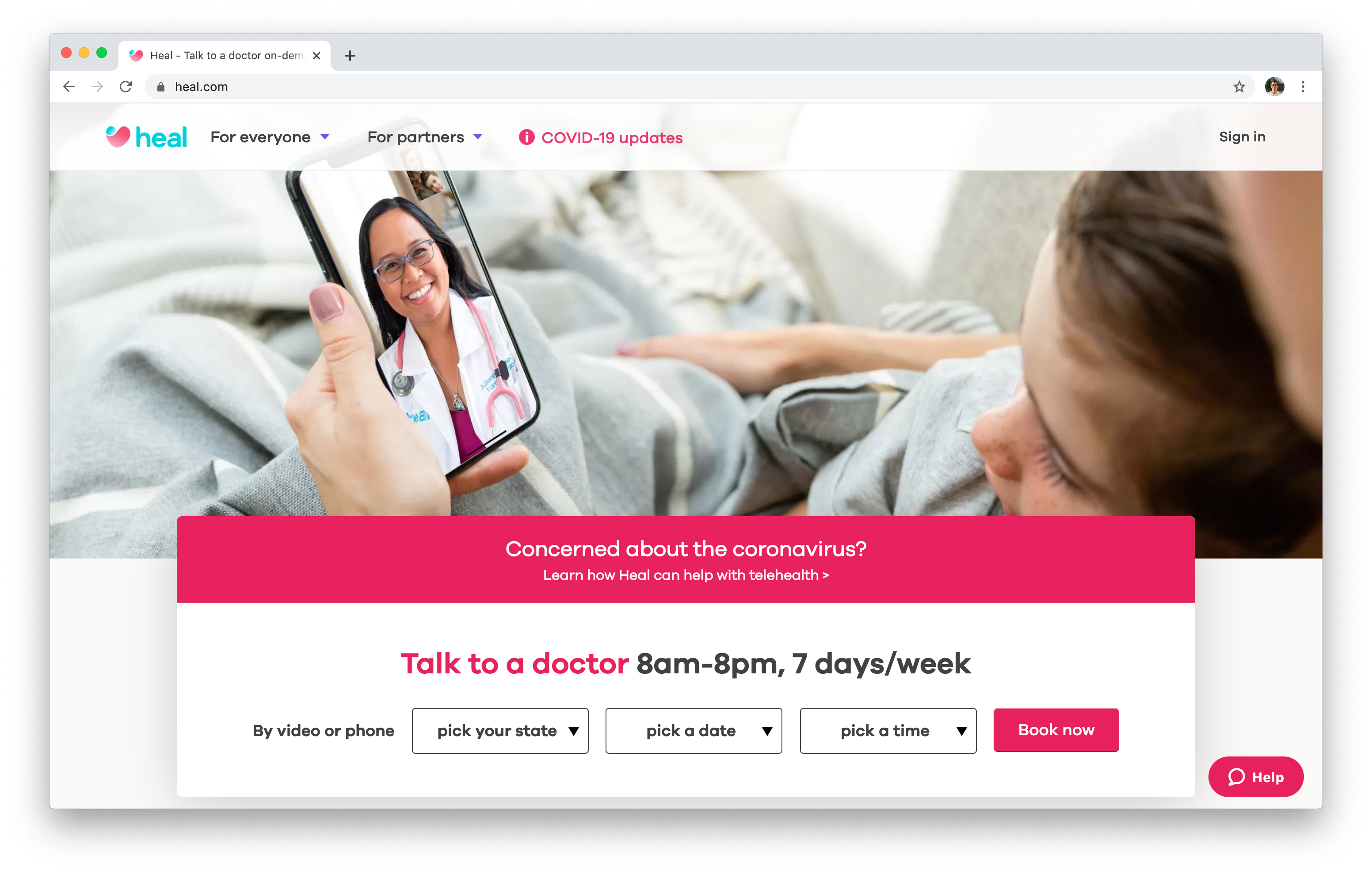Unlocking the Keys of Subscription Based Healthcare for Better Patient Outcomes
Unlocking the Keys of Subscription Based Healthcare for Better Patient Outcomes
Blog Article
The Surge of Subscription-Based Medical Care and Its Effect On Individual Care
As healthcare advances, the subscription-based version is obtaining traction, promising to revolutionize client treatment by providing predictability and access. These designs, which bypass typical insurance, could redefine the patient-doctor dynamic, emphasizing preventive and individualized treatment. Yet, as with any innovation, they provide obstacles, particularly worrying equitable access for all socioeconomic groups. The capacity for these models to reshape health care distribution elevates pressing questions concerning their lasting sustainability and inclusivity. Are these subscription services the future of medical care, or do they take the chance of leaving susceptible populaces behind? The complexities of this shift warrant a more detailed assessment.
Recognizing Membership Medical Care Designs
Realizing the principle of subscription healthcare versions involves taking a look at a transformative method to clinical solutions that stresses affordability and access. These designs, often described as straight health care (DPC) or attendant medication, have actually arised as innovative alternatives to conventional fee-for-service health care systems. Membership medical care permits patients to pay a set regular monthly or annual fee for a defined set of medical solutions, which might include endless workplace check outs, regular examinations, and fundamental laboratory tests, without the demand for traditional insurance payment.
The structure of subscription medical care designs is developed to streamline patient treatment by removing third-party payers and intricate billing codes, thus minimizing management worries. Medical care providers can focus much more on person treatment, promoting stronger patient-provider connections. This design also promotes preventative treatment by encouraging normal gos to, as the monetary obstacle of per-visit costs is removed.
The registration model frequently empowers doctor to manage smaller patient panels, enabling even more individualized treatment. It straightens economic rewards with person health and wellness outcomes, as service providers are motivated to maintain client satisfaction and health. In general, comprehending registration medical care versions requires identifying their possible to reshape how care is provided and accessed.
Benefits for People and Providers

With a consistent earnings stream, medical care experts can devote more time to each client, leading to a much more comprehensive and tailored care experience. The focus on precautionary treatment within subscription strategies can lead to better client view publisher site outcomes and reduced long-lasting medical care costs.
Obstacles and Issues
While subscription-based health care designs present many advantages, they also come with a collection of obstacles and problems that have to be attended to. This elevates honest questions concerning fair access to medical care solutions.
Financial sustainability a knockout post of subscription-based designs is an additional concern. Carriers have to stabilize the fixed income from registrations with the variable prices of health care solutions, which may rise and fall because of unpredicted clinical requirements. This can create stress to limit services or boost charges, potentially influencing patient complete satisfaction and care quality.
Additionally, regulatory oversight of subscription-based medical care versions is still developing. Attending to these difficulties is vital for the fair and successful implementation of subscription-based healthcare.
Effect On Patient-Doctor Relationships
One considerable impact of subscription-based medical care models on patient-doctor connections is the possibility for improved continuity and individualized treatment. By taking on a membership version, doctors can take care of a smaller sized patient panel, enabling more dedicated time with each person. This increased schedule promotes a deeper understanding of a patient's case history, way of living, and choices, enabling much more tailored therapy plans and interventions.

Nevertheless, it is vital to acknowledge that while subscription-based versions may benefit those that can afford them, they can inadvertently widen medical care variations. Individuals that are not able to take part in these additional info versions may experience reduced accessibility to individualized treatment, possibly influencing their partnerships with doctor. Hence, while the membership version supplies appealing benefits for patient-doctor partnerships, it likewise poses difficulties that need to be resolved to make certain equitable health care gain access to.
Future of Health Care Access

The duty of innovation can not be ignored in this transformation. Telemedicine platforms and electronic health documents facilitate seamless communication in between individuals and doctor, breaking down logistical and geographical barriers. Furthermore, innovations in man-made knowledge and data analytics can additionally individualize medical care by forecasting person requirements and enhancing therapy strategies.
However, the future of health care gain access to likewise provides challenges, such as ensuring equity across different socio-economic groups. Policymakers and doctor need to work together to link the electronic divide, guaranteeing that subscription-based versions remain affordable and inclusive. As these systems grow, they hold the pledge of making medical care extra available, effective, and patient-centric.
Conclusion
Subscription-based health care models are reshaping individual treatment by supplying a steady expense framework and improving availability. The increase of subscription-based medical care encourages aggressive person engagement, which has the possible to improve person results and fulfillment, signaling a transformative shift in healthcare distribution.
As healthcare advances, the subscription-based design is acquiring traction, guaranteeing to transform individual treatment by supplying predictability and availability.Subscription-based medical care versions use distinct benefits for both individuals and providers, enhancing the overall health care experience.As healthcare systems develop, the future of health care access frequently hinges on the integration of innovative models and technologies.Subscription-based healthcare versions are reshaping individual care by offering a steady cost structure and enhancing accessibility. The surge of subscription-based health care urges aggressive client interaction, which has the possible to enhance person results and complete satisfaction, signaling a transformative change in healthcare shipment.
Report this page